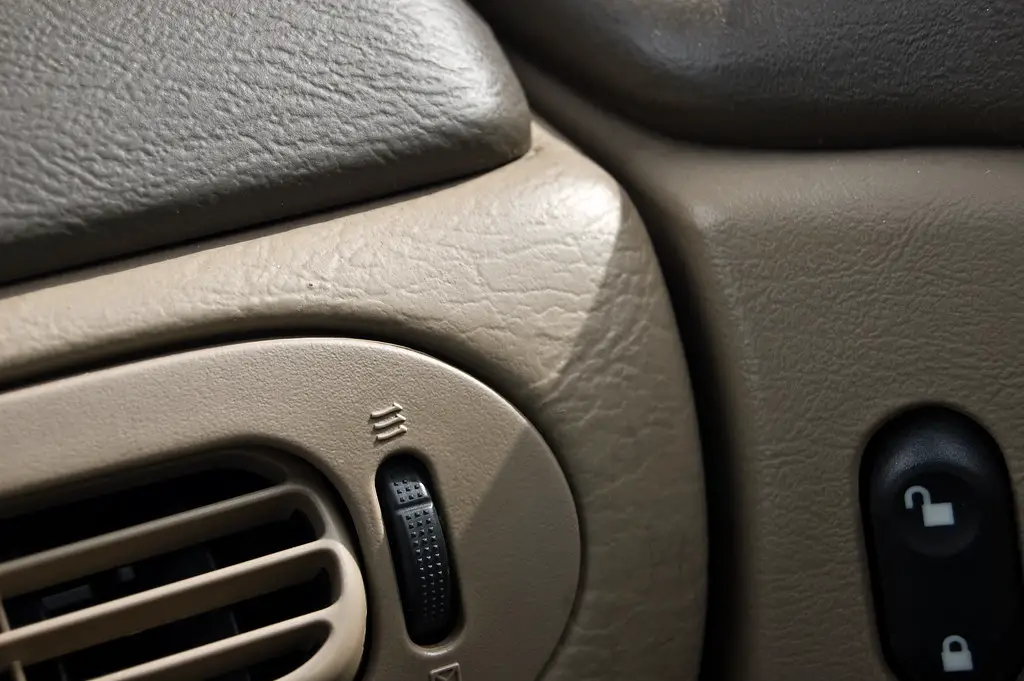An overcharged car AC system can lead to cooling inefficiency, potential damage to the compressor, and discomfort while driving. Recognizing the symptoms, understanding the causes, and taking appropriate measures to address overcharged AC is crucial for maintaining a functional and efficient cooling system. In this comprehensive guide, we will explore the signs of overcharged AC, its causes, and effective solutions to rectify the issue.
Signs of Overcharged Car AC:
Identifying the following symptoms can help determine if your car’s AC system is overcharged:
- Insufficient cooling and reduced airflow from the vents.
- Unusual noises coming from the engine bay during AC operation.
- Activation of the check engine light.
- Potential engine overheating when the AC is running.
- Increased load on the AC compressor, leading to potential compressor failure.
Causes of Overcharged Car AC:
Understanding the underlying causes of an overcharged AC system is essential to prevent this issue:
- Incorrect refrigerant charge during installation or repair.
- Overcompensating for refrigerant leaks without proper measurement.
- Malfunctioning AC components such as the expansion valve or pressure switch.
- Inaccurate pressure readings during maintenance or repair procedures.
- Usage of incorrect refrigerant type, resulting in pressure abnormalities.
- Neglecting regular AC system maintenance, leading to leaks or faulty components.
Risks and Consequences of Overcharged AC:
Overcharging your car’s AC system can have significant consequences:
- Damage to the AC compressor due to excessive workload and heat.
- Costly repairs, including compressor replacement, ranging from $250 to $500.
- Potential engine overheating if the AC compressor fails and causes the serpentine belt to snap.
- Reduced cooling efficiency and discomfort for passengers.
- Environmental hazards and safety risks associated with mishandling refrigerants.
Resolving Overcharged Car AC Issues:
To effectively address an overcharged AC system, consider the following solutions:
- Consult a professional mechanic: An experienced technician can evacuate the excess refrigerant, ensuring correct levels based on manufacturer specifications. Expect to pay around $150 to $250 for this service.
- AC compressor replacement: If the compressor is damaged due to overcharging, professional assistance is necessary for proper replacement, including evacuation, removal of the old compressor, installation of a new one, and system recharge.
Conclusion:
Recognizing the signs of an overcharged car AC system and understanding its causes empowers you to take the necessary steps for resolution. Promptly addressing the issue through professional maintenance and repairs not only ensures optimal cooling performance but also prevents costly damage to your AC system. Regular maintenance and adherence to manufacturer guidelines are key to avoiding overcharging and preserving the longevity of your vehicle’s AC system.

